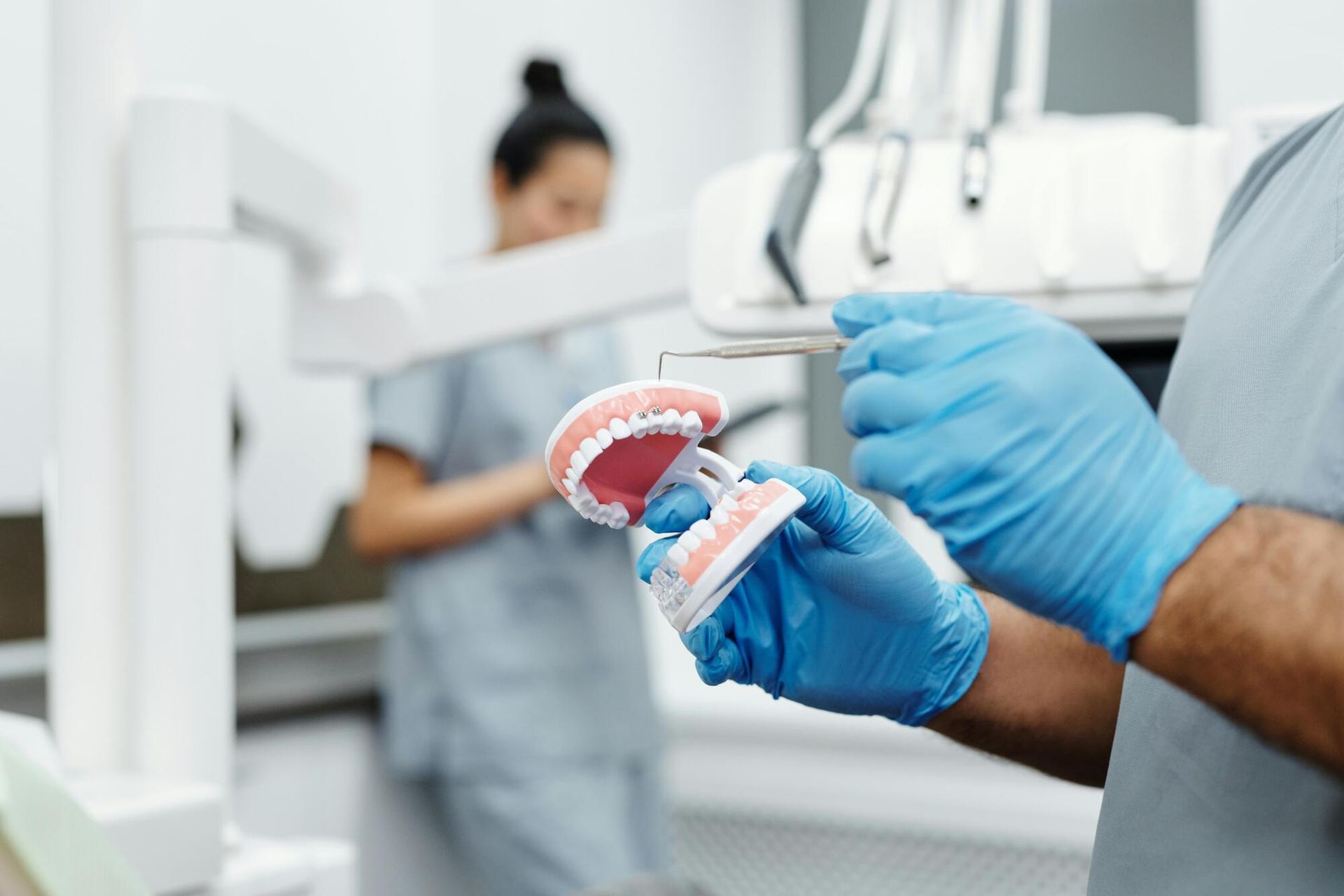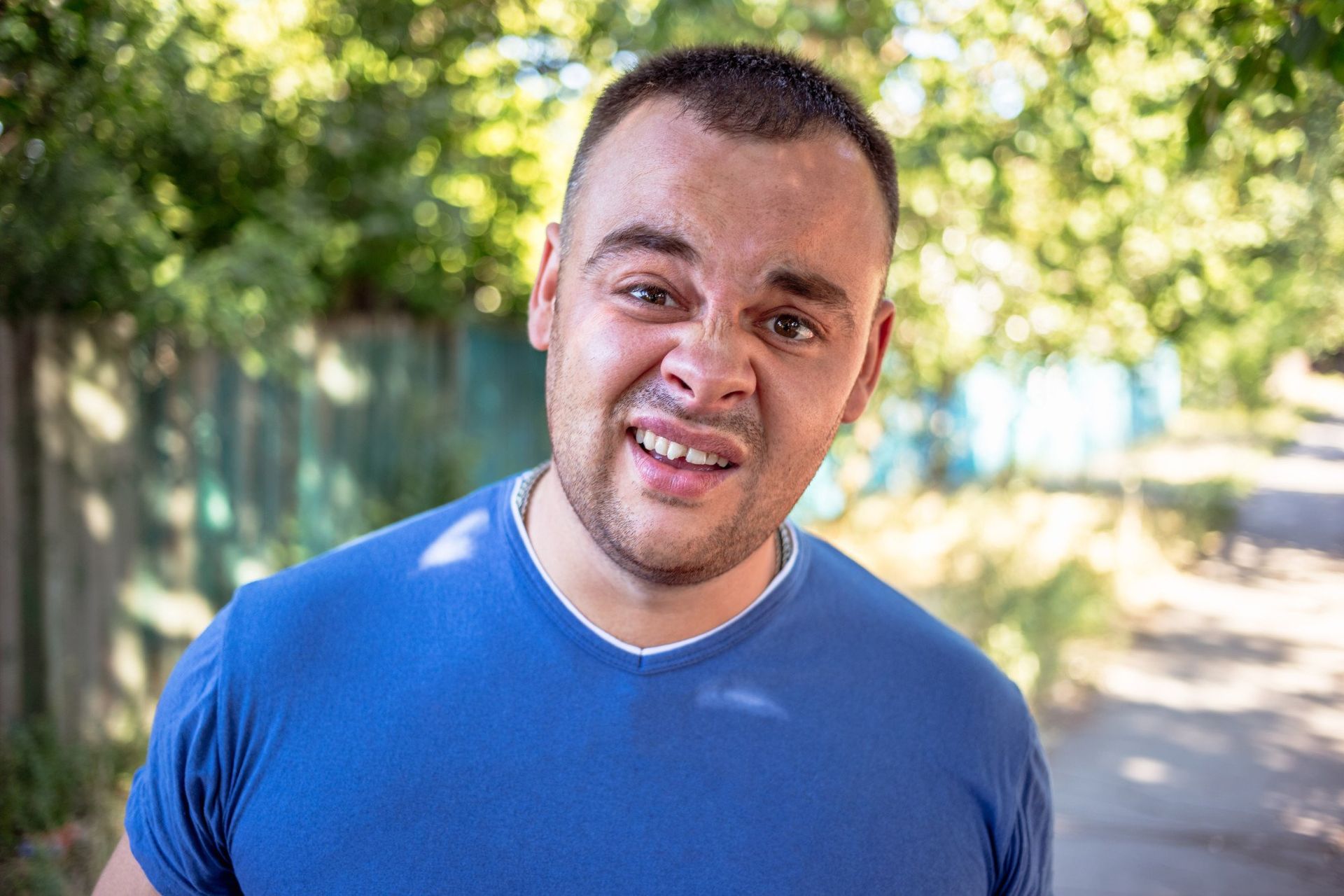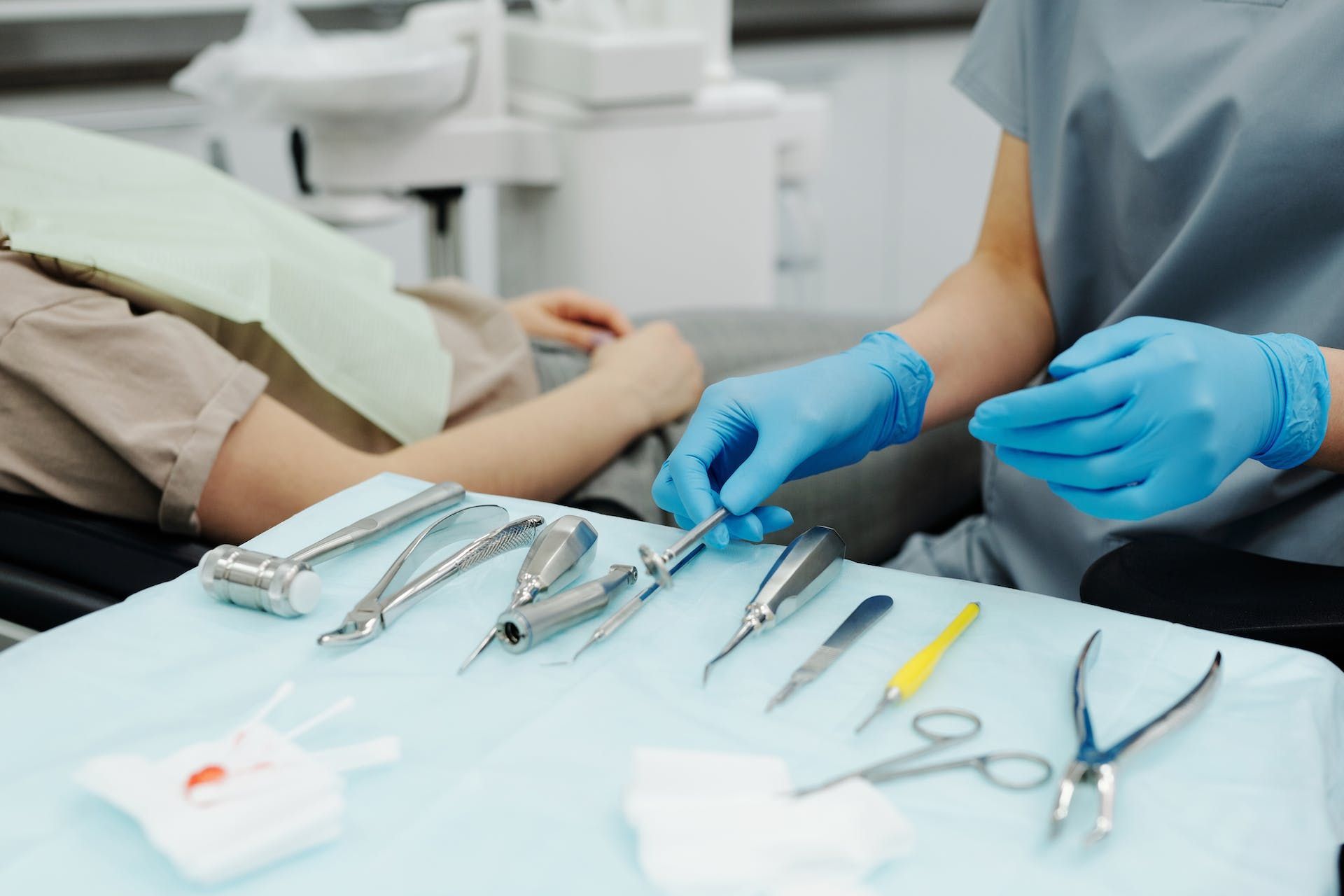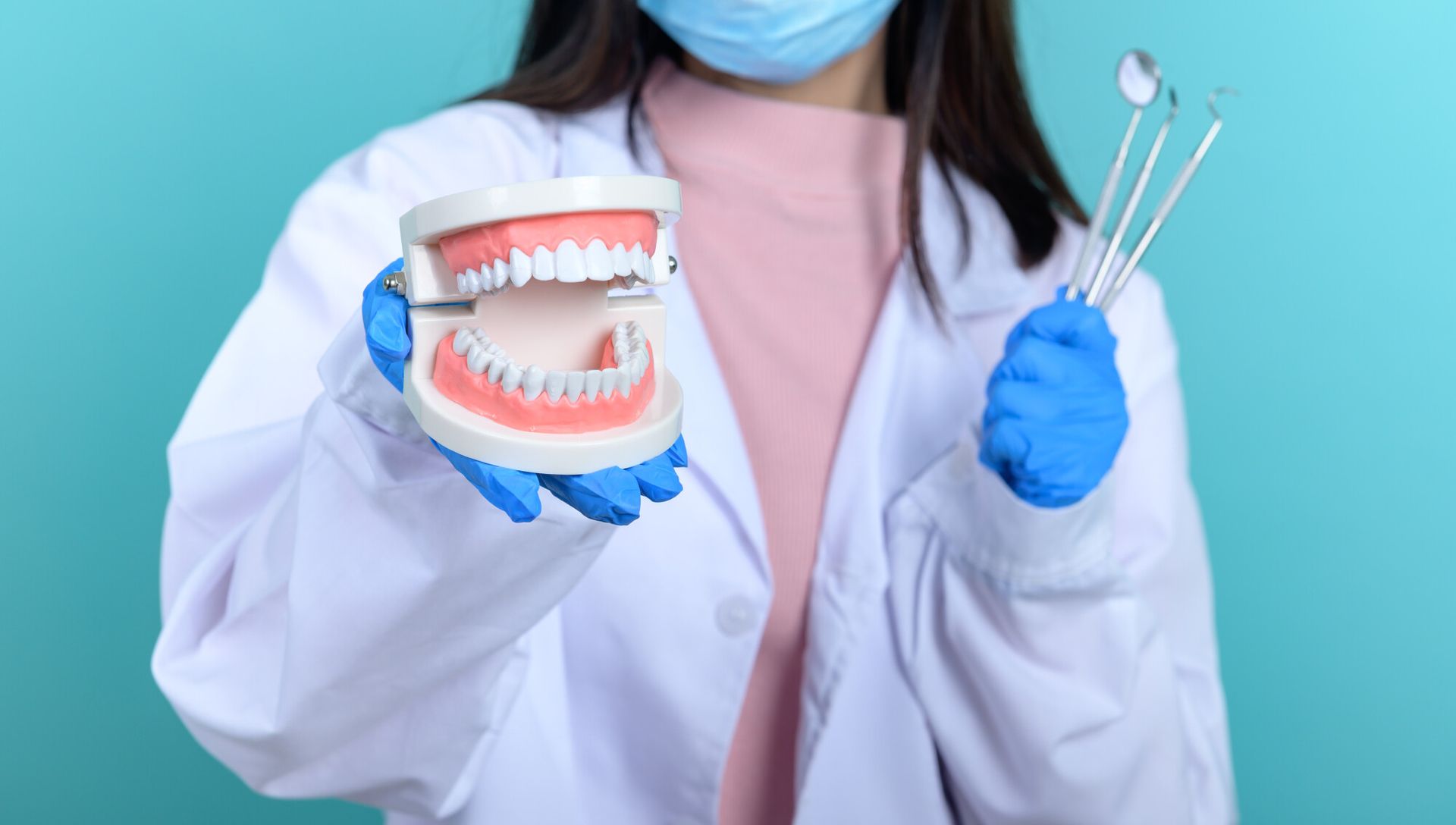7 Common Dental Implant Problems (and What to Do About It!)
If you've just transformed your smile with dental implants, then you need to learn about these 7 common dental implant problems and what to do about it.
1. The Surgery Was Done Wrong
2. There Isn't Enough Bone
3. Poor Healing
Certain factors lower your body's ability to heal. When this happens, the area around your implant might not heal properly or quickly enough to make the implant permanent.
These factors can be lifestyle choices, including heavy smoking or drinking. Or they could be medical conditions like diabetes, autoimmune diseases, or cancer.
Make sure your dentist is aware of such things before they perform the procedure. Otherwise, the implant may fail.
4. Failure to Follow Your Dentist's Instructions
5. Movement of the Dental Implants
6. The Body Rejects the Implants
7. Dental Implant Infection
Infections are an extremely common complicationof any surgery. This happens when dirt, bacteria, or other contaminants enter the wound during or after surgery. And there are so many bacteria in and on the human body that there's no way to eliminate them all before, during, or after the operation.
Your mouth itself is thriving with more than
700 different types of bacteria . Despite your dentist's best efforts, infection is always possible. This is one of the reasons it's so important to follow your dentists instructions on what to do after your surgery.
Dental Implant Infection Signs
Here are some signs that you may have a dental implant infection:
- Constant or frequent fever with no other cold symptoms
- A bad taste in the mouth/bad breath that won't go away
- You have problems chewing food
- Pain and/or discomfort
- Your gums are swollen, red, or receding
- There's pus or blood near the implant area
- Your implant feels loose
It doesn't take long for an oral infection to get worse. If you don't act quickly enough, the infection will prevent your implant from fusing to your jawbone and cause it to fail completely.
It's important to get to the dentist (any dentist) immediately. Don't delay if your regular dentist has no open appointments. Get help from a different dentist or even the emergency room if necessary.
What to Do About Dental Implant Problems
If you experience any of these problems, see your dentist right away. They might be able to keep the implant from failing as long as they address the problem in time.
Also, if your implant does fail, talk to the dentist who performed the procedure about getting a refund. In most cases, the performing dentist will agree to credit the cost toward a different procedure or refund you in full.
In the event that they refuse to refund you, you still have options. Have other dentists take a look at the failed implant to see what they think.
If they think the original dentist is at fault for the implant failure, you may be entitled to legal recourse. In this case, talk to a lawyer to see if you have grounds for a settlement.
Jersey City Dental Spa: Dental Implants Done Right
Don't let these dental implant problems happen to you. Get your dental implants done right the first time with Jersey City Dental Spa. Contact us here to set up your consultation.
Lastly, keep this guide for reference in case you experience any dental implant infection signs.











